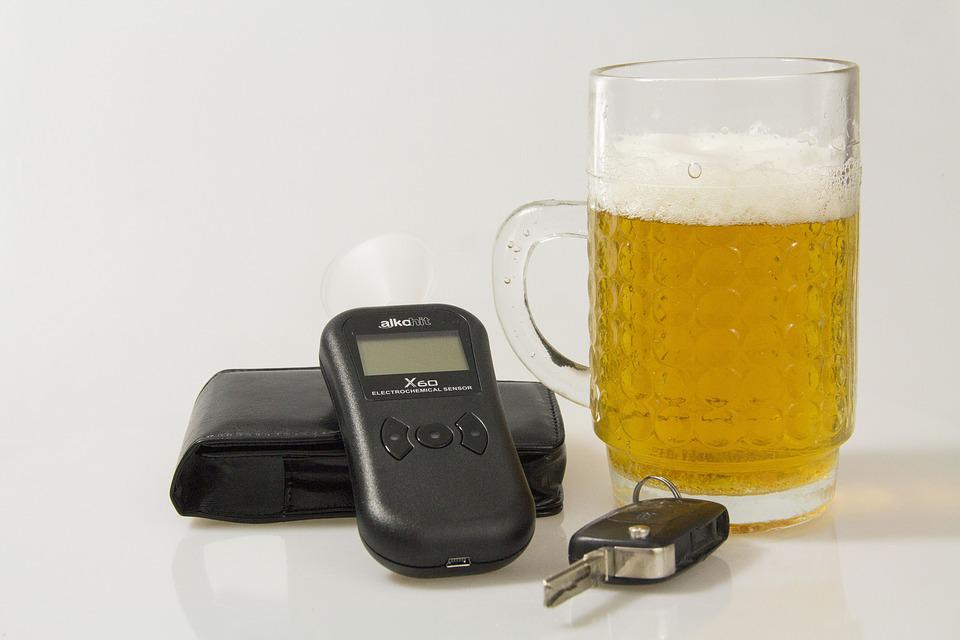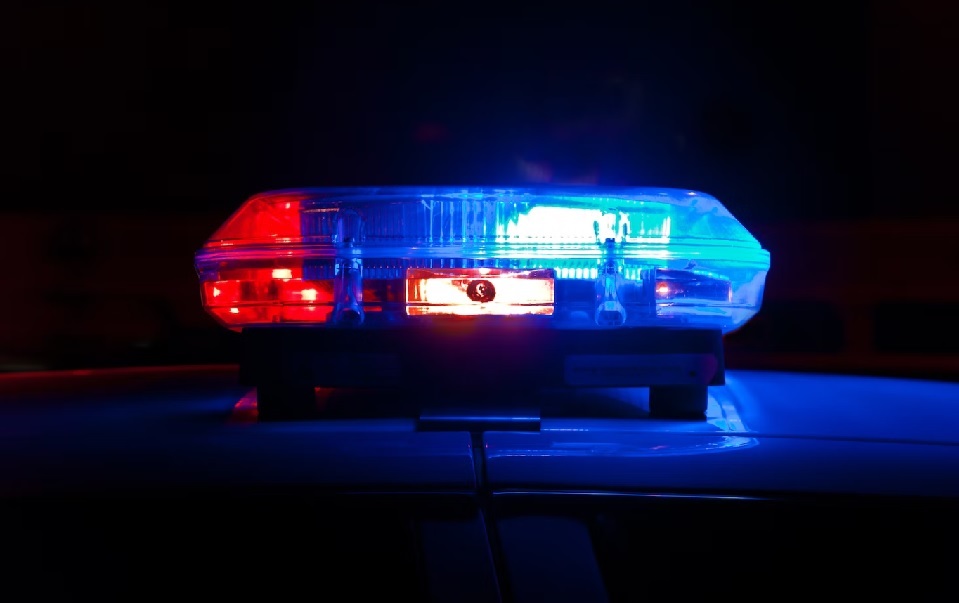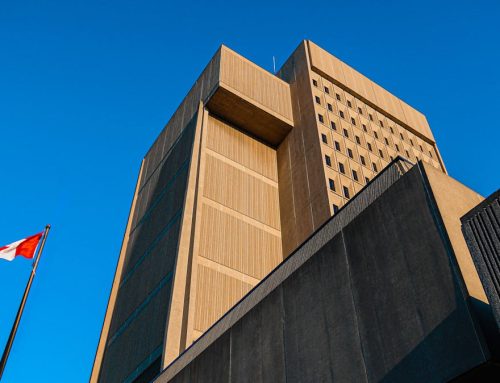Picture this: you’ve been out with friends and had a couple of drinks, but you feel fine to drive home, so you do. Suddenly, you see police lights behind you. You’re probably afraid of going to jail for impaired driving and having an impaired driving charge on your criminal record. Perhaps you read something online about refusing to take a breath test at the scene, so you refuse to provide a breath sample.
Was this a wise decision? What happens if you refuse to give a breath or blood sample to the police when asked? In this article, we will discuss the issue of impaired driving and the consequences of a failure to comply with breathalyzer requests from the police.
Canadian Criminal Code Regarding Breath Samples at a DUI Stop
Under Canada’s Criminal Code, drivers who refuse to provide a breath sample to a police officer when pulled over under suspicion of impaired driving can be charged with refusing a demand. This is a national law and applies to all provinces. In Canada, the police have the right to demand a sample of your breath in certain situations. It used to be that police needed to have at least a reasonable suspicion that you were operating a motor vehicle while impaired by alcohol, but officers now also have the power to make a mandatory demand of someone operating a motor vehicle as long as the officer has the testing device of their person or in their vehicle. This means that officers can make a legal demand for a roadside sample of your breath even if you are not showing any signs of intoxication or make any admission of drinking.
The police actually have two different breath demand they can use. One is for a sample at the roadside where the officer will make you blow into an approved screening device (ASD). The other is to take you to a police station and make you blow into a intoxilyzer machine. For this second deamnd, there needs to be some evidence that you are operating a motor vehicle while impaired, or that you failed the ASD test.
One aspect of impaired driving offences that can be confusing, is that you may end up with charges of both a refusal, as well as operation while impaired. In short, there are two different offences in the Criminal Code and often you will be charged with both offences.
Why Will a Police Officer Charge Someone For Both Refusing to Take a Breathalyzer and For DUI?
Many people wonder why refusing a breath sample in Canada is a criminal offence, and how it can lead to an impaired driving charge. Not every person accused of refusing a breath test will be accused of operating a vehicle while impaired, or vice versa. But, both driving while impaired and refusing the breath sample are crimes. The penalties can be stiff for criminal charges, and that does not even include the fact that in British Columbia you could also receive a provincial offence of an Immediate Roadside Prohibition or an Administrative Driving Prohibition, both of which include an automatic licence suspension.
So, to recap, the Criminal Code states that you may be arrested and charged if you:
- Refuse a legal and valid breath sample
- Register a blood alcohol concentration (BAC) of more than 0.08 upon providing a breath sample
- There is evidence that you were operating a motor vehicle while impaired (even if you end up blowing below 0.08 BAC!)
Many people who are accused may be under the false impression that if they refuse to blow into the breath testing machine, then there is no evidence that they were intoxicated when they were pulled over. Another major mistake is when people think they can legally refuse the breath sample becuase they are not intoxicated. If the demand made by police is legal, then the issue is no longer whether you were impaired or not, but whether you intended to refuse the breath sample and whether you had a reasonable excuse. A reasonable excuse is often a serious medical issue; not being intoxicated does not amount to a reasonable excuse.
Don’t make these mistakes and risk getting charged with additional crimes. Section 320.15 (1) states that the crime of refusing to blow for a breath sample is just as serious as an impaired driving charge. You cannot be physically forced to put your mouth on the test and blow, but if the police make a lawful demand that you do so, it’s a crime not to comply.
Defending Charges of DUI or Refusal to Blow For a Breath Test
Impaired driving charges have serious legal consequences. You’re risking your future, as impaired driving and refusal charges in Canada carry a mandatory minimum punishment that includes getting a criminal record. Other potential consequences include:
- Losing your driver’s license
- A significant fine
- Getting a criminal record
- Placing an ignition interlock device on your car
- Mandatory alcohol programing (at your own cost) before you can regain your license
- Jail time (which becomes mandatory if you have a previous conviction for impaired driving)
If you are facing any sort of impaired driving charge, it’s important to contact an experienced criminal defence lawyer immediately. Impaired driving is a complicated area of law that requires an analysis of the demand made by the police officer as well as whether the police violated your rights at the roadside or the police station. A good defence lawyer may be able to convince a judge to throw out the evidence from the breath samples, or may be able to convince crown counsel to resolve the matter without losing your license or getting a criminal record.
Are you Facing an Impaired Driving Charge?
At Jaswal & Krueger, we’re very familiar with proper police procedures and can determine when your rights have been violated. If the police who arrested you or tested you didn’t follow the guidelines in the Criminal Code, your rights under the Canadian Charter of Rights and Freedoms may have been violated.
A Jaswal & Krueger criminal lawyer will make sure that your rights are respected throughout any legal process and carefully review all evidence that could potentially acquit you or identify problematic police procedures.
Your future is too important to jeopardize. An impaired driving charge carries long-term consequences and implications, including steep fines, the suspension of your driver’s licence and more. A second conviction carries a mandatory minimum sentence of 30 days jail. If you have questions regarding an impaired driving charge in British Columbia, contact Jaswal & Krueger criminal defence lawyers today.



![police officer administering roadside test]](https://surreycriminallawyer.com/wp-content/uploads/2022/09/test-337366_960_720.jpg)











